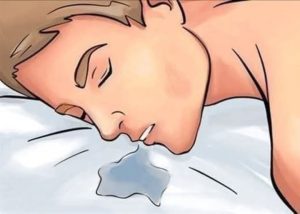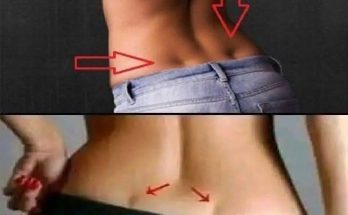If you drool while sleeping, it might be more than just an embarrassing inconvenience. While it’s a common issue for many, it can also be a signal of how your brain and body are functioning during sleep. Drooling, especially if it’s persistent, can indicate several factors related to your brain activity, physical health, or sleep patterns.
One of the primary reasons people drool during sleep is that their brain isn’t properly regulating muscle movements in the face or mouth. Typically, during deep sleep stages, the body is in a state of relaxation, which includes the muscles of the mouth, jaw, and throat. If these muscles become too relaxed, saliva may begin to accumulate in the mouth and spill out. This issue might be more pronounced in individuals who sleep on their sides or stomach, as gravity can make it easier for the saliva to escape.
From a neurological perspective, drooling can be linked to conditions that affect brain function. For instance, neurological disorders such as Parkinson’s disease, stroke, or even sleep apnea may contribute to excessive drooling. In these conditions, the brain may have difficulty controlling the muscles involved in swallowing and saliva production. This leads to saliva buildup and drooling during sleep. In Parkinson’s disease, the brain’s inability to properly send signals to the muscles can also impair the ability to swallow, causing the person to drool at night.
Moreover, sleep apnea is another condition that can affect brain function and result in drooling. Sleep apnea leads to intermittent blockages in the airway during sleep, causing breathing to stop and start. This disruption can interfere with the brain’s regulation of sleep and muscle activity, including those responsible for swallowing. As a result, people with sleep apnea may experience a higher frequency of drooling during their rest.
Additionally, stress and anxiety can also play a role. These psychological factors can impact your autonomic nervous system, which controls involuntary bodily functions like saliva production. When your body is under stress, it can sometimes cause the brain to send confusing signals, affecting the regulation of saliva.
While drooling during sleep can be harmless for some, it’s important to consider if it’s accompanied by other symptoms like difficulty swallowing, choking, or excessive fatigue during the day. If so, it might be worth consulting a healthcare professional to rule out any underlying medical conditions.
In summary, drooling while sleeping can be a signal that your brain’s regulation of muscle functions and sleep patterns may not be working optimally. It could indicate a variety of conditions, from sleep apnea to neurological disorders, that may require attention.




